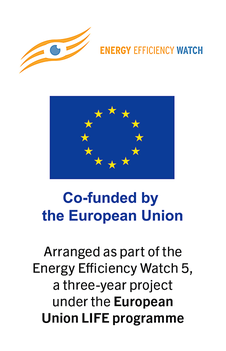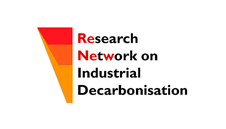Search eceee proceedings
A system perspective on industrial energy efficiency
Panel: 4. Undertaking high impact actions: The role of technology and systems optimisation
This is a peer-reviewed paper.
Authors:
Louise Trygg, University of Linköping, Sweden
Björn G Karlsson, University of Linköping, Sweden
Abstract
The EU Action Plan for Energy Efficiency states that Europe still waste over 20% of its use of energy due to inefficiency. The 20-20-20 targets that are established by the EU, has set a series of severe climate and energy targets to be met by 2020. These targets mean that each Member State shall reduce their primary energy use of 20% by 2020. A special significant potential to reduce energy demand and CO2 emissions are highlighted within industrial energy systems. In Sweden the use of electricity is among the highest in the world. Rising electricity price will promote further electricity production in Swedish CHP plants. Altering industrial energy use will imply considerable cost-effective possibilities to lower global emissions of CO2 when considering reduction in electricity consumption to reduce marginal production in coal condensing power plants. The aim of this paper is to analyse how a system perspective can be profitable for both energy suppliers and industrial energy users as well as for the environment. Results show how industrial and energy supply measures will lead to reduced electricity use with about 50%, increased use of district heating and cost-effective possibilities to lower global emissions of CO2. Driving forces and barriers to implementation of energy efficient measures, together with a system perspective of how to account for electricity use, are also discussed.
Downloads
Download this presentation as pdf: 4-009-14_Trygg_pre.pdf
Download this paper as pdf: 4-009-14_Trygg_PR.pdf
Panels of
1. Programmes to promote industrial energy efficiency
2. Sustainable production design and supply chain initiatives
3. Matching policies and drivers: Policies and directives to drive industrial efficiency
4. Undertaking high impact actions: The role of technology and systems optimisation
5. The role of energy management systems, education, outreach and training
6. Business models to improve industrial efficiency, global perspective














